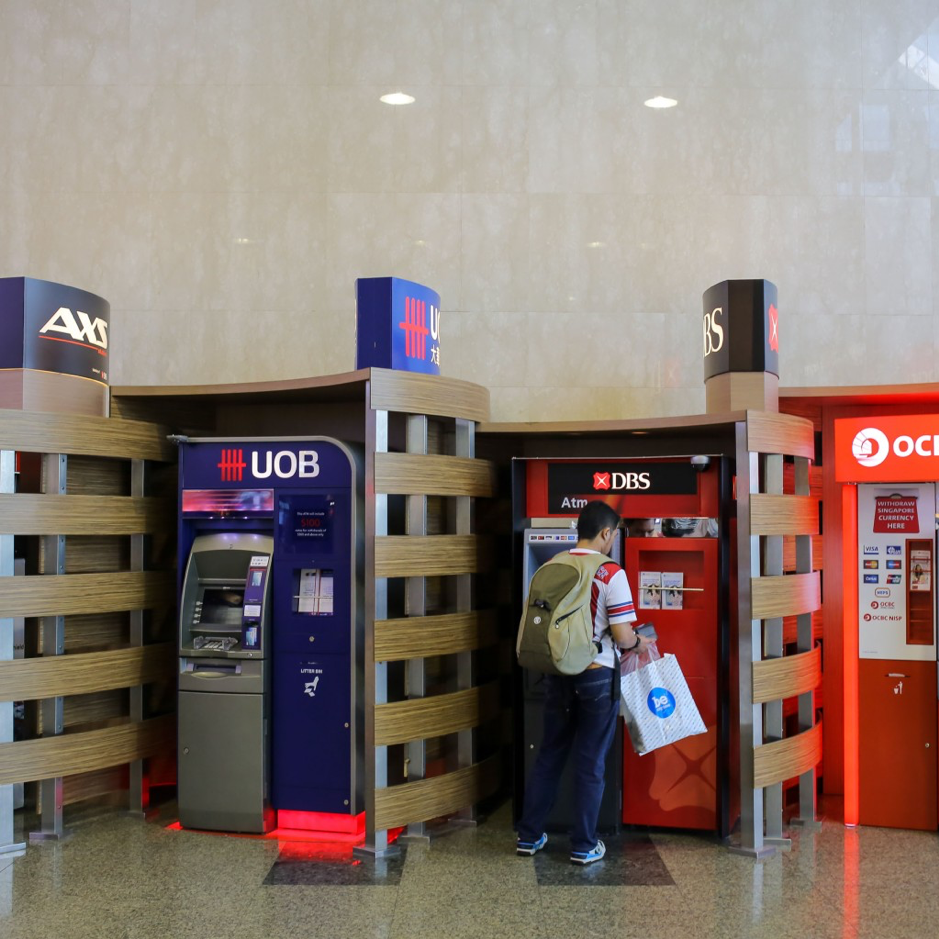Gig workers, foreign workforce may be well served by digital banks
July 24, 2019

As part of the ‘ASK: NUS Economics’ Straits Times series, Mr Chua Yeow Hwee, Instructor at NUS Department of Economics and Chartered Financial Analyst charterholder, wrote about the recent issuance of five new digital bank licenses by the Monetary Authority of Singapore (MAS). This heralds a new age of banking liberalisation, which Mr Chua says will likely ‘shake up the banking sector’.
Digital banks refer to banks which provide all banking services online without the need for a physical branch. This concept is not new; for example, Hong Kong, which is closest to Singapore in terms of financial competitiveness, has, as of 2019, issued eight digital banking licences to local banks. The most significant effect of digital banks is perhaps their effect on credit ratings for gig economy workers, small and medium-sized enterprises (SMEs), and foreign workers in Singapore. What these groups have in common is lack of knowledge from the bank about them, such that if they wish to take out a loan, they often do not meet creditworthiness requirements. With digital banks, the digital financial footprint of these clients will be more accessible to banks in order to determine their credit rating, opening up both added financial services to them, as well as providing banks with additional candidates for banking services.
Mr Chua concludes by predicting a positive outlook for the future of financial inclusion in Singapore, where not only digital banks are helped to make financial services more user-friendly to all, but also, among others, senior citizen-friendly initiatives and talking ATMs for the visually handicapped.
Read the full article here.
